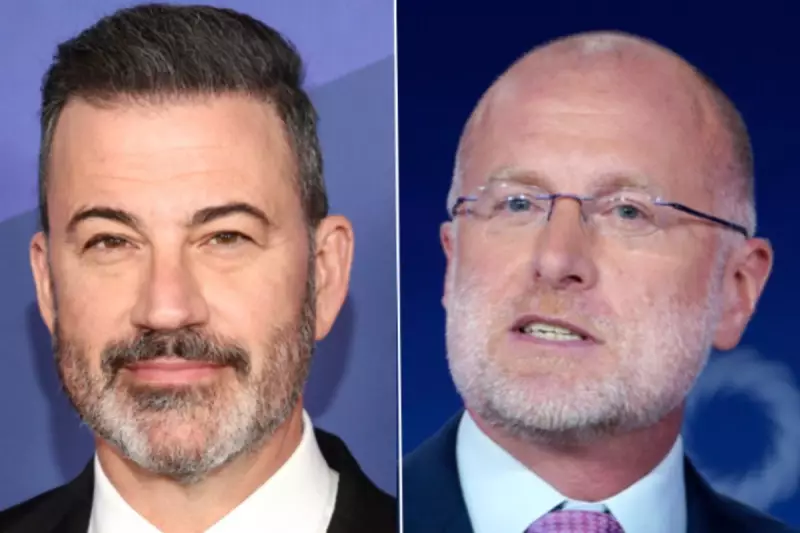
In a dramatic Senate Judiciary Committee hearing, Federal Communications Commissioner Brendan Carr launched a stunning attack on late-night television host Jimmy Kimmel, accusing him of advocating for government censorship of social media platforms.
Explosive Testimony Rocks Washington
Commissioner Carr, a Republican appointee to the FCC, delivered blistering testimony that put the ABC talk show host squarely in the crosshairs of the ongoing debate about social media regulation and free speech.
'Kimmel wants the government to silence voices he disagrees with,' Carr declared during the hearing examining potential regulation of tech platforms.
The Censorship Controversy
The confrontation stems from Kimmel's recent on-air comments where the host reportedly called for increased content moderation on social media platforms. Carr framed this as a direct threat to First Amendment protections.
'When influential media figures like Jimmy Kimmel call for the government to police speech online, they're essentially asking federal agencies to become the arbiters of truth,' Carr testified.
Broader Implications for Free Speech
The hearing highlighted the deepening political divide over how social media companies should handle content moderation:
- Democrats generally advocate for more aggressive action against misinformation
- Republicans increasingly frame content moderation as censorship
- The FCC's role in regulating online speech remains contentious
- First Amendment protections face new challenges in digital age
Political Theatre or Serious Policy Debate?
The exchange represents the latest chapter in the ongoing battle between conservative officials and mainstream media figures. Carr's decision to single out Kimmel by name underscores how cultural figures have become central players in policy debates.
'This isn't just about one television host,' Carr emphasized. 'It's about whether we want government bureaucrats deciding what speech Americans can access online.'
The hearing continues to reverberate through political and media circles, raising fundamental questions about the future of free expression in the digital public square.




